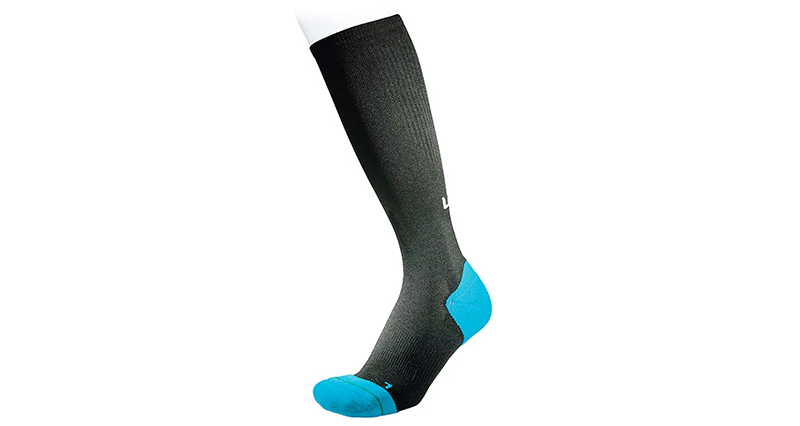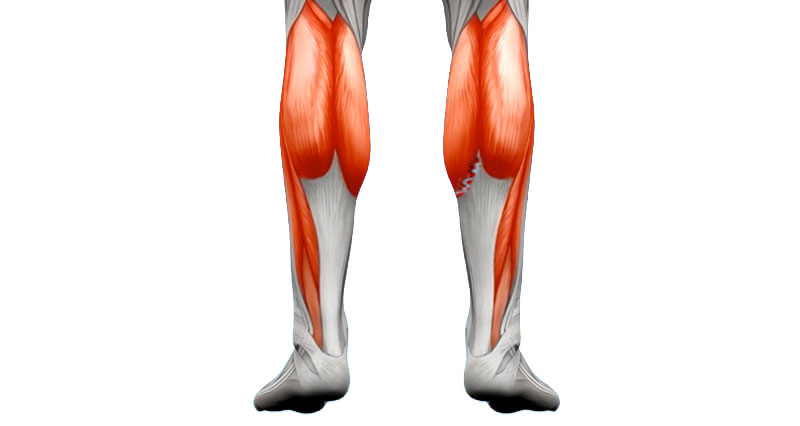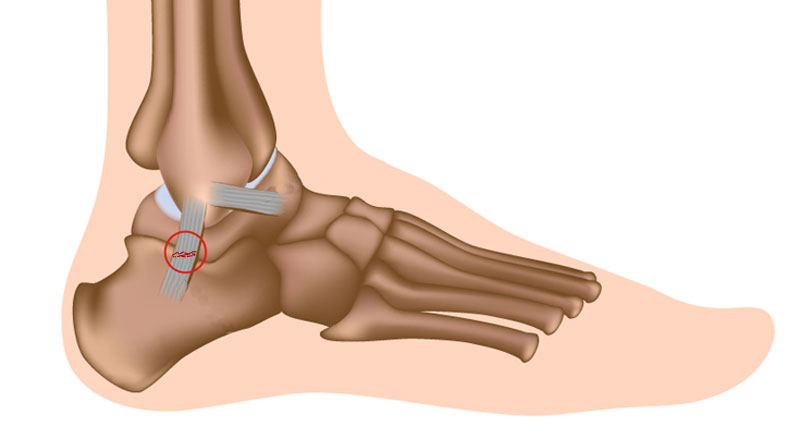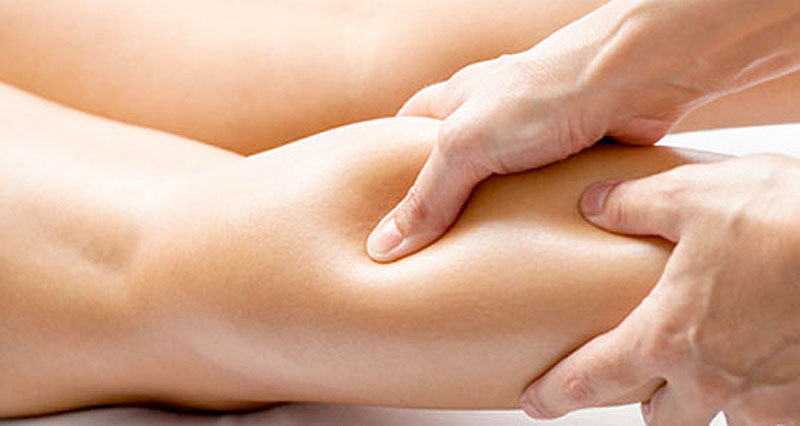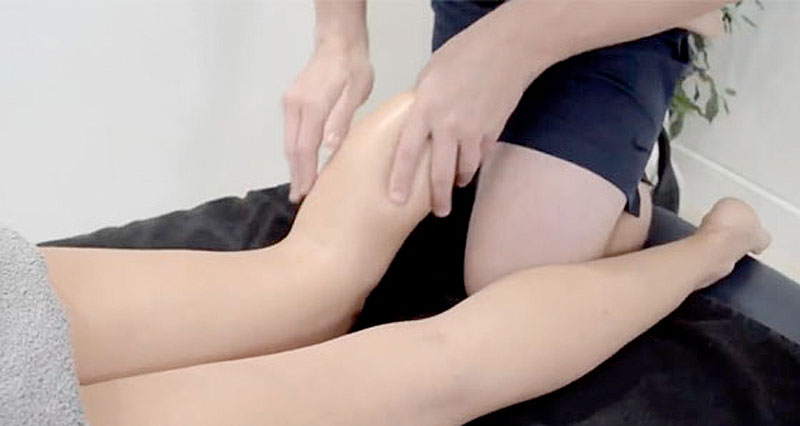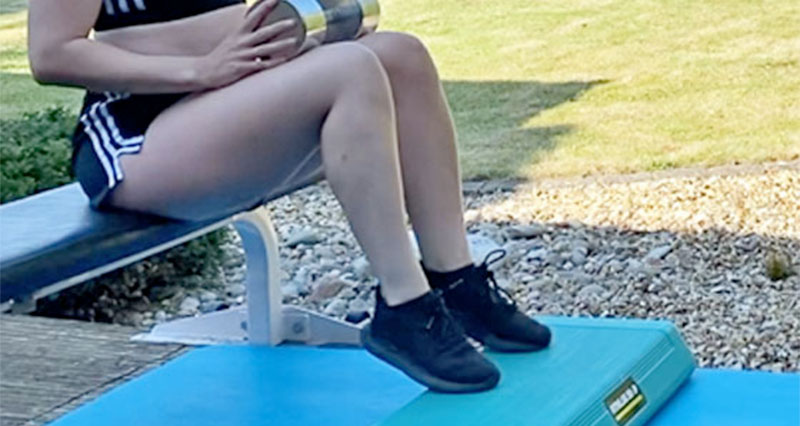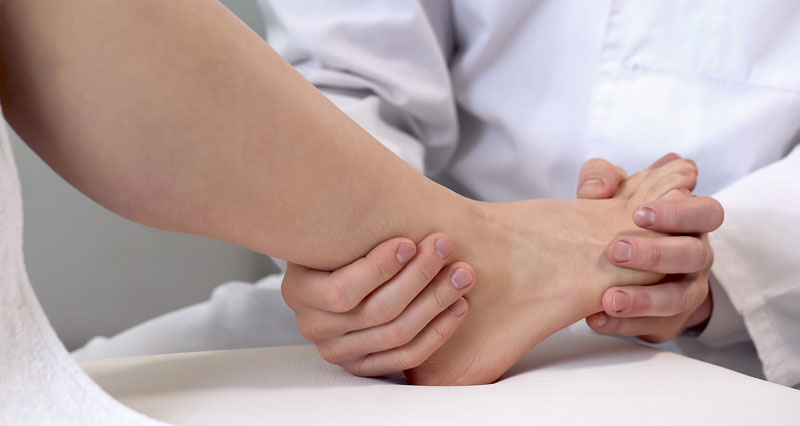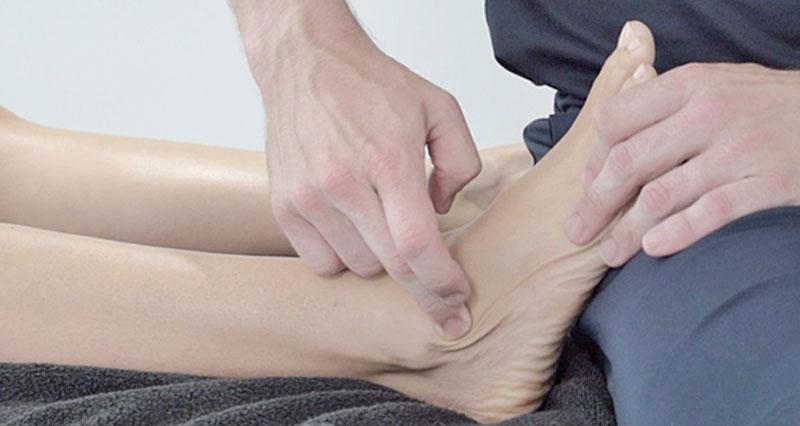Compression socks are popular in sports for recovery and enhancing performance. But do they actually work? Is there any scientific evidence to suggest they do?
What are compression socks?
Compression socks are designed to apply pressure to the lower legs, helping to maintain blood flow and reduce discomfort and swelling. They are popular with athletes for recovery and performance enhancement, as well as those with medical conditions. In particular, varicose veins or those at risk of deep vein thrombosis (DVT).
Are compression socks effective?
Yes, compression socks can be effective for various purposes. Here are some benefits and uses of compression socks:
- Improving Circulation: Compression socks apply pressure to the lower legs, helping maintain blood flow and reduce discomfort and swelling. They are particularly beneficial for people who stand or sit for long periods.
- Reducing Swelling: They can help reduce swelling in the legs, ankles, and feet, which is useful for people with conditions like varicose veins or lymphedema.
- Enhancing Athletic Performance and Recovery: Athletes often use compression socks to improve performance and speed up recovery after exercise. The improved circulation helps reduce muscle soreness and fatigue.
- Preventing Deep Vein Thrombosis (DVT): For individuals at risk of DVT, especially during long flights or bedridden periods, compression socks can help prevent blood clots by keeping the blood flowing.
- Managing Medical Conditions: People with chronic venous insufficiency, diabetes, and other circulatory issues often benefit from wearing compression socks as part of their treatment plan.
It’s important to choose the right level of compression and fit for your specific needs. Consulting a healthcare provider can help determine the best type of compression socks for your situation.
What is the scientific evidence for compression socks?
Yes, scientific studies do support the effectiveness of compression socks, particularly in certain contexts. Here are some key findings:
Improved Recovery
Multiple studies have shown that compression socks can significantly aid in recovery post-exercise. They help reduce muscle soreness and swelling, and decrease levels of enzymes associated with muscle damage, such as creatine kinase and lactate dehydrogenase.
https://link.springer.com/article/10.1007/s40279-016-0546-5
Performance Enhancement: While the evidence is mixed regarding performance enhancement, some studies suggest that compression socks can slightly improve running economy and reduce muscle oscillation during exercise. However, the improvements in performance are not consistently significant across all studies, indicating that the primary benefit may be psychological or placebo
https://link.springer.com/article/10.1007/s40279-016-0546-5
Medical Benefits: There is strong evidence supporting the use of compression socks for medical purposes. They are effective in preventing deep vein thrombosis (DVT), reducing swelling from conditions like lymphedema, and managing symptoms of varicose veins. This is due to their ability to improve venous return and prevent blood pooling
General Use: For individuals who spend long periods standing or sitting, such as flight attendants and healthcare workers, compression socks can alleviate discomfort and swelling. The improved circulation provided by compression socks helps maintain leg health in these situations
In conclusion, compression socks are particularly beneficial for recovery and certain medical conditions. Their impact on athletic performance is less clear, with some studies showing modest benefits and others indicating minimal effects. Nonetheless, many users report feeling better when wearing them, which may also contribute to their perceived effectiveness. If considering compression socks, consulting with a healthcare provider to ensure the appropriate fit and compression level is recommended.
External links
- Buy Compression and Recovery socks at UPMedical.co.uk
